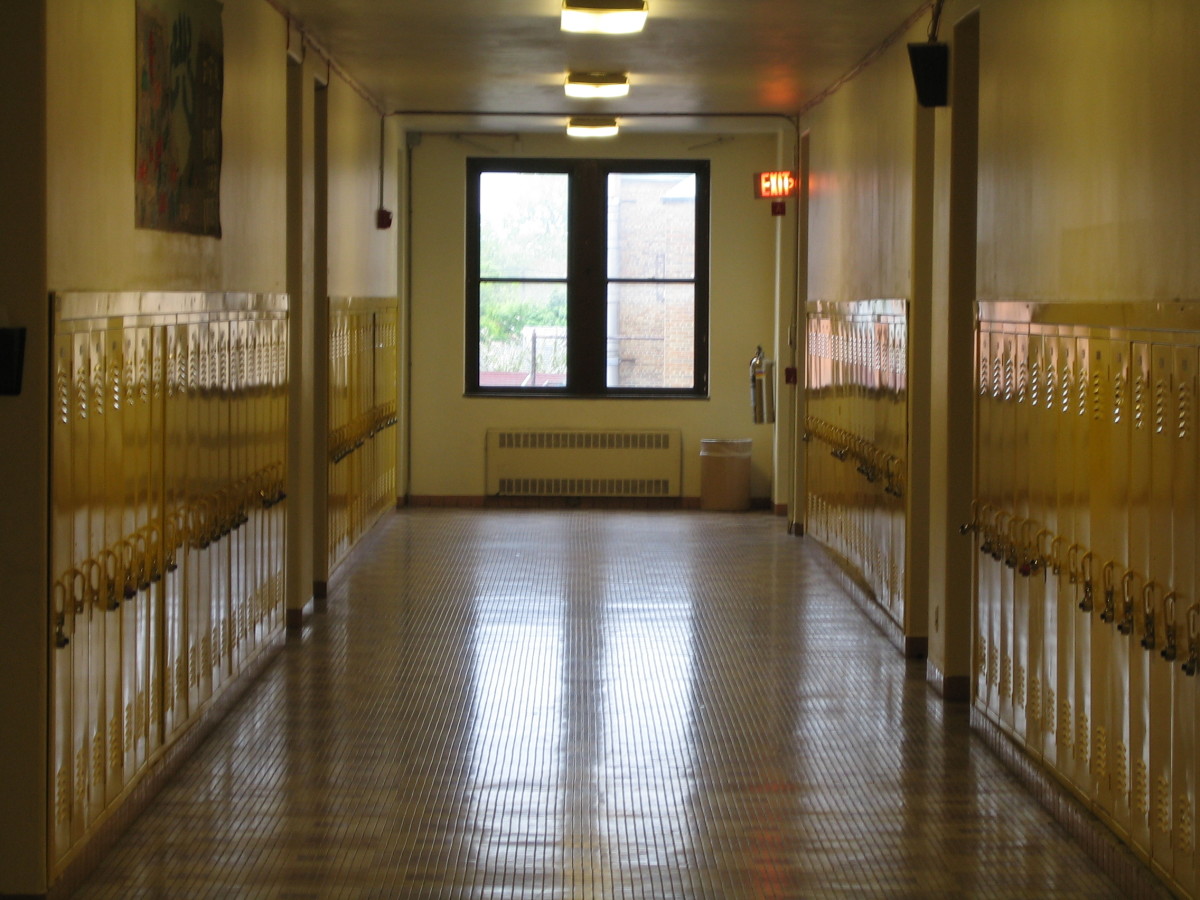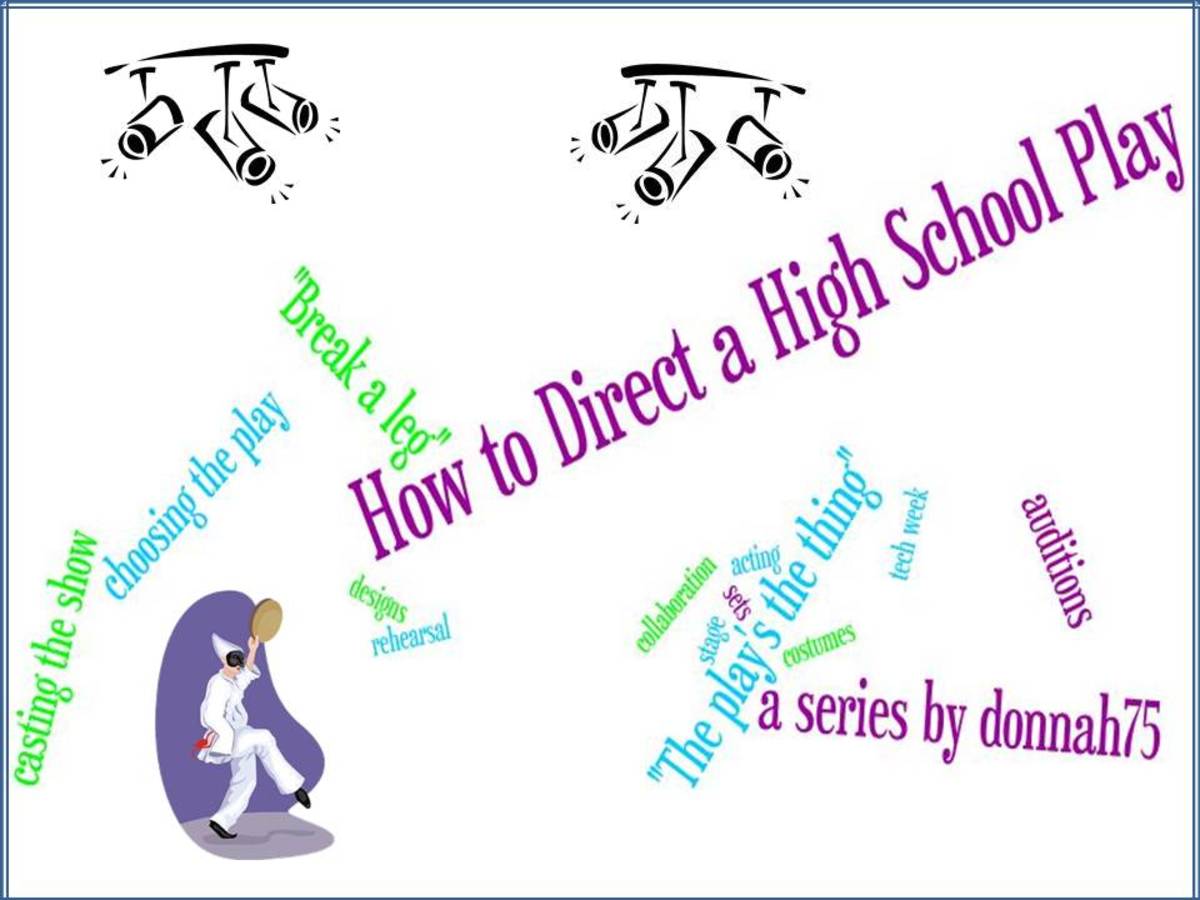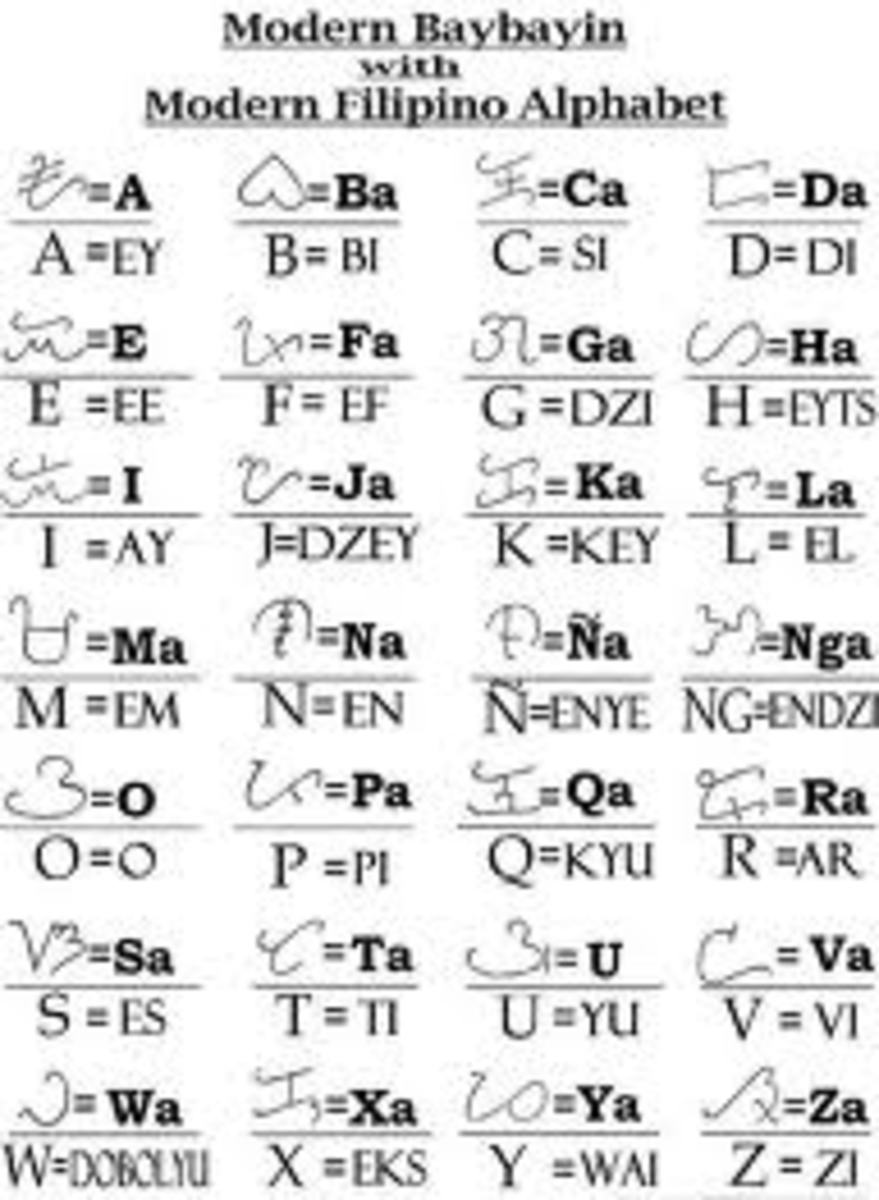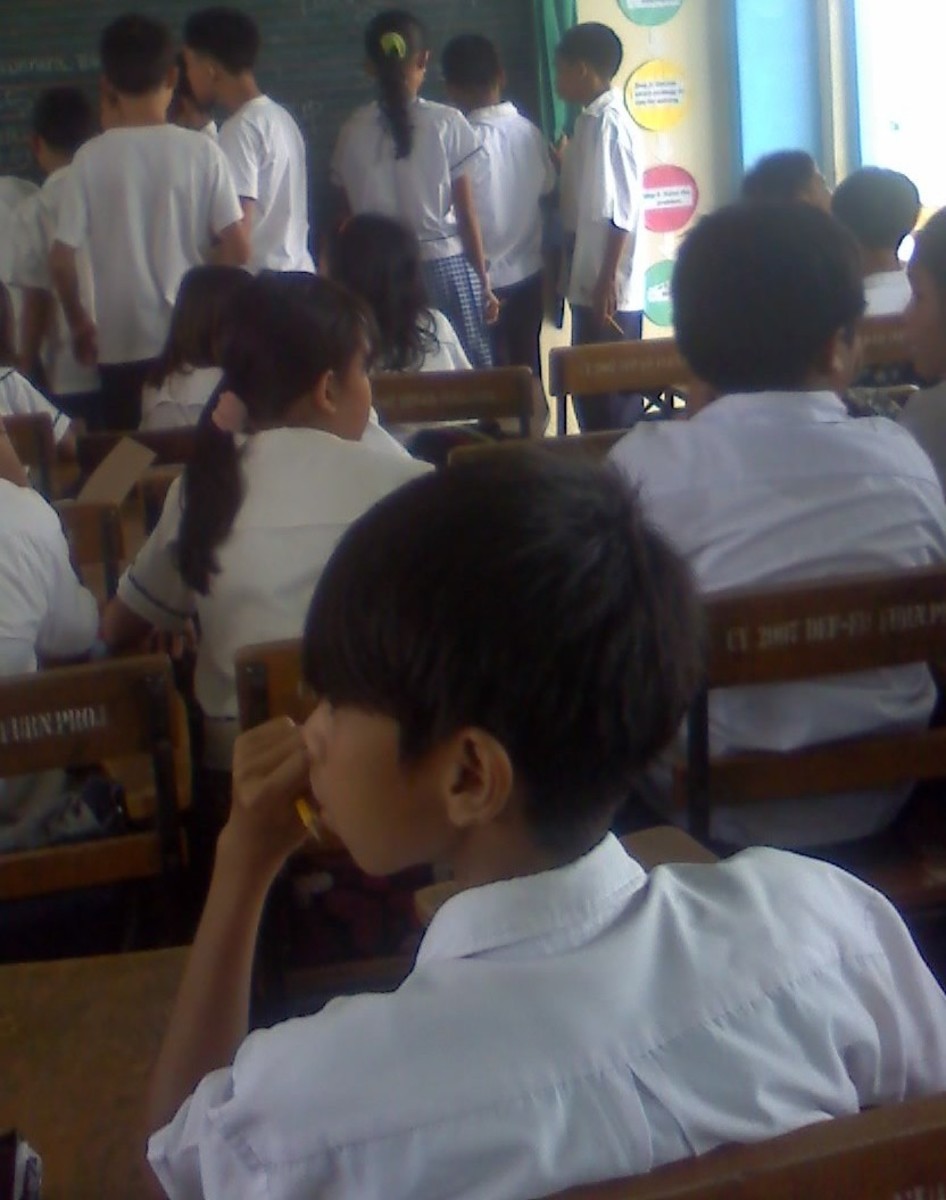Back to School Tips for ALL Students and Parents- Advice from a Teacher
Don't Let the Thought of Back to School Shopping Ruin Your Summer Vacation!
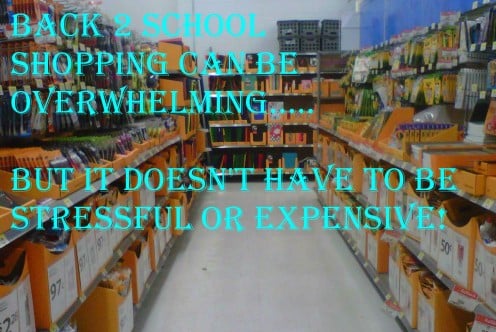
Ready or Not! Back 2 School Sales are Starting!
© 23 July 2012 FreezeFrame34.Hubpages.com
Before you start spending money on back-to-school clothes and supplies, research your individual school district to see what you might need to buy according to their policies and procedures (usually available on your school's webpage) (e.g. School Dress Code). Some schools (especially at the elementary level) are starting to require parents to buy a supply pack from the school (with pencils, erasers, crayons, tissues, and other materials for around $15.)
Many schools may wait until the first day of school to give you a syllabus or an idea of what you will need for the semester. But you want to take advantage of the tax free shopping weekend, the sales, and the time you have right now........
Read on and find the most commonly used materials you will need for your child at school and at home as well as advice on how to have a stress-free, rewarding school year for all!
Every Learner Needs a Quiet Place to Study at Home
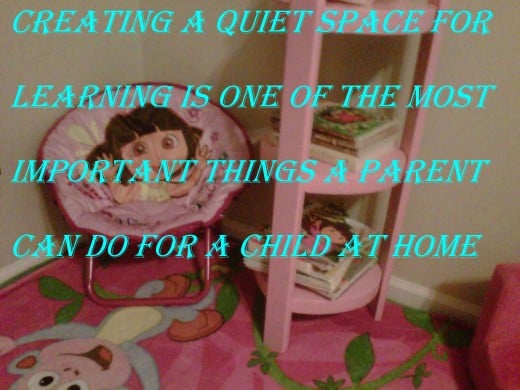
La La La Connect the Dots!
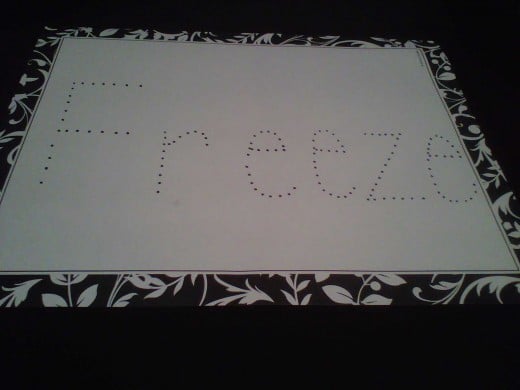
Create Your Own Calendar Quickly and Cheaply!

Pre-School
Having a positive experience in the Pre-School setting can be a catalyst for having an enjoyable educational experience and spark a life-long learner who values their education and that of others in their class.
Explore various schools and pick the one that you and your child fall in love with. Talk with other parents and see why they love their school. Talk with the director and see what kind of curriculum is being taught. You (the parent) are your child's first teacher, but you want your child's first school teacher to be equally motivating, inspiring, and understanding.
For Pre-School, your child will need
- a backpack,
- a folder, (to bring important papers to and from school....e.g. field trip permission slips)
- a daily change of clothes (in season and size that fits), and
- possibly a packed lunch (check with your school to see if snacks and/or lunch is provided).
If your child has a severe allergy (especially if they carry an EpiPen), a history of seizures, or any type of specific medical history you would like to share, make sure that the teacher is aware prior to the first day of school; don't just assume that someone told them about it.
On the daily drive to Pre-School, talk to your child about what they are doing that day, help them be prepared for the activities (use your calendar). This is especially important if your child has a developmental disability, autism, and/or behavioral problems- transitioning between activities can be exceptionally hard for them-. Talk to them on the way home and find out what they learned that day, who they played with, what they liked or didn't. (Let them know that they are allowed to "not" like an activity, but be respectful towards others at all times and listen to their teacher.)
Remember that a "Yes, Ma'am; No, Sir," can take them far in life!
At home, your child needs to be exposed to language- written and spoken; music; art; and outdoor fitness activities! A box of crayons and construction paper can go a mile to spark creativity in your child! Invest in a pair of small scissors to help your child be prepared for cutting paper in school. Also, if you can pick up an easel at a yard sale, it is a great investment! Musical instruments (or even pots and pans) can help develop the brain. You can pick up used physical education equipment or create your own games using fun things laying around the house. Race each other and see who can run around the house and up all of the stairs the fastest!
If at all possible, see if you can volunteer at your child's school- do you have a special talent that you could share? Singing, dancing, yoga, sign language, foreign language, even stopping in to read a story during your lunch break could be a memory that lasts a lifetime- in your child's heart!
Do You Know What Your Child Eats at School Every Day?
A Folder Can Teach Responsibility and Organizational Skills
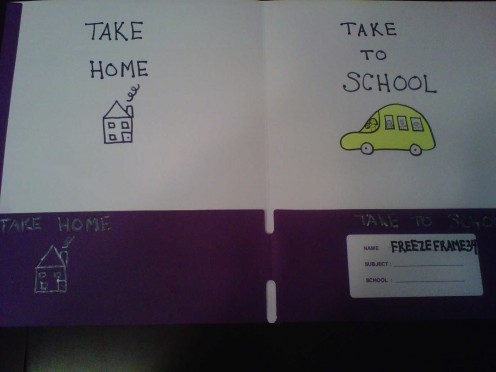
Reading Does Not Have to Be Expensive!
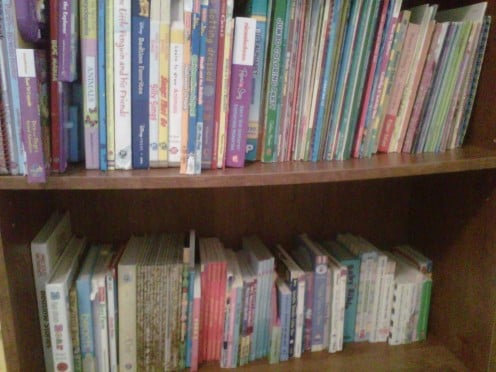
Free Literature!
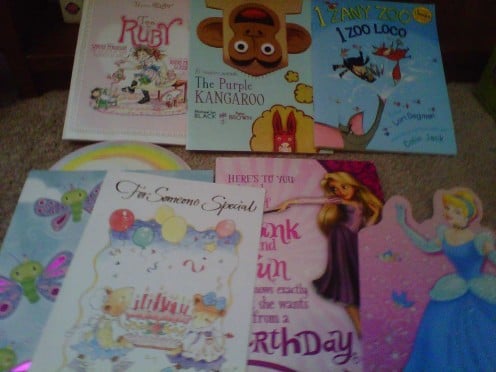
Let Your Child Express Themselves Artistically!
Elementary ~ Kindergarten Through 4th Grade
During the first few years of elementary school, focus is on mathematics and reading; however, pro-social skills are just as important- sharing, caring, taking turns, helping others, giving back to your community, all of these things can help shape an individual into a contributing member of society.
We all know that the very first day of kindergarten is a day where parents excitedly dress their child up (with a name tag), wait for the school bus, and take pictures…..but what happens after the first day of school can change your child’s life for the better or worse.
One of the best things you can do for your child is to establish a routine…..where your child comes home (possibly has a healthy snack) and does homework.
HOMEWORK?????
On the first day??
YES!!!!!Homework.
Even though your child’s teacher may not assign work, it’s important for your child to know that they have to review their work from the day (it will only take a few minutes to begin with). This will show your child that you care, you value their education, and you are proud of all of their accomplishments. This will also help in the long run when your child gets older and has to study for a huge test. Breaking down the information and studying every day is hugely important. Start a routine that works for your family before your child gets overly involved with sports, music lessons, church groups, Girl/Boy Scouts, or any other club/organization/ extra-curricular activity; time management is very important to teach your child!
Even though you may not agree with an assignment, the amount of homework your child’s teacher assigned, or the information that was on a test, please watch what you say around your child! Feel free to talk about your concerns to the teacher in private- call, send a note, send an e-mail, but when parents say to their child or anyone when a child is present, such as “this amount of work is ridiculous, ” “why is this on the test,” “why should my child HAVE to learn this,” it makes the child question their teacher, their school, and their education.
The most commonly used materials that a Kindergarten- 4th grade students needs include:
- Crayons
- Markers
- Construction Paper
- Glue Sticks
- Blunt Scissors
- Watercolor Paint Set
- #2 Pencils
- Black and White Composition Notebooks
- Highlighters
- Pens (black and blue)
- Colored Pencils
- Pencil Bag
- Large Eraser
Reinforce Common Sight Words and Reading at Home!
Save Money Making Your Own Personalized Book Covers- Using Paper Shopping Bags (or Try Wrapping Paper)!
An Inexpensive Notebook
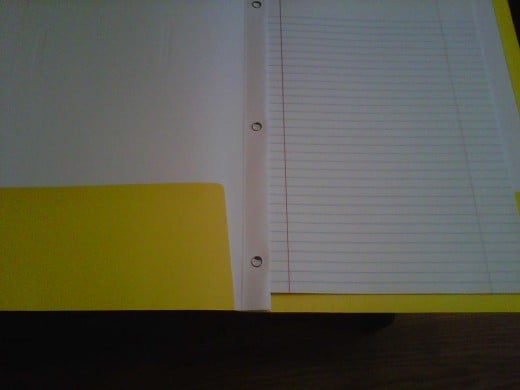
Middle Grades ~ 5th Through 8th Grade
These years are important to emphasize and refine study habits to prepare for high school and beyond; reading on grade level or above is equally important.
Model reading at home, read during the weekends and summers, get involved (or start) a book club for your child/peers. Have your child read to younger siblings, cousins, or neighbors.
If your child is struggling in school, try to pinpoint why. See what after-school tutoring is available. Often times other students can help for no cost at all. If your child’s teacher has an E-Chalk page, you can check daily for assignments, up-coming test dates, to remind your child that you care about their work and their success.
At home, make sure that you have these essential must-haves so you are not running to the store the night before a massive project is due (I was a procrastinator- I have to admit; although, I have lived, learned, and changed my ways!)
- Calculator
- Construction Paper
- Old magazines- to cut and make collages and other projects for English class.
- Highlighters, Pencils (and sharpener), Pens (blue and black), Markers, Erasers
- Poster Board
- Glue
- Three Hole Punch
- Notebook Paper (Preferably College- Ruled)
- Folders (with pockets)
- An expandable file folder to save papers at home (especially for final exams)
- White-Out (Buy the tape kind; many schools will not allow the liquid to be brought to school)
Should You File or Pile? Tips to Get You Organized at Home and School
Getting Organized is as Easy as 1, 2, 3
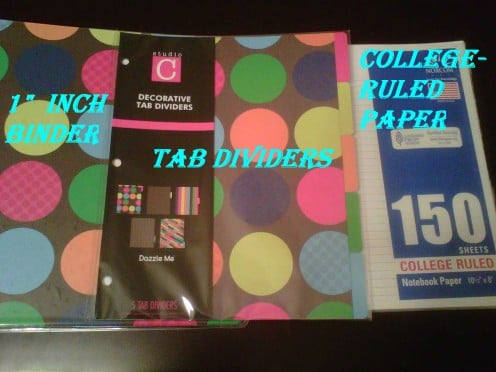
Stay Organized the Whole Year!
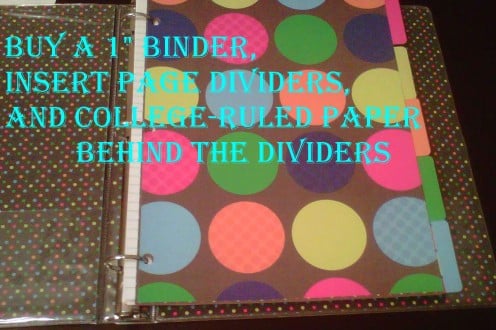
High School ~ 9th Through 12th Grade
Freshman through senior year can seem like it flies by or it can feel like an eternity in Hell depending on your child’s outlook and experiences. Regardless of where you live in this world, teenagers face a plethora of drama daily in school. You might think you live in a microcosm of perfection, but every high school has pregnant teenagers, drug use and abuse, under-age drinking, and cliques; although with devoted parenting, supervision, love, determination, goal-setting, and involvement in appropriate extra-curricular activities, your child does not need to be a statistic.
Make sure your teenager knows and understand your family’s value system and the difference between right and wrong; get to know your child’s friends AND their parents. Don’t be afraid to ask questions. Monitor your teenagers’ use of technology and especially their use of social media. ( Explain that you do trust them- it’s the predators and others that prey on innocent children that you fear).
If you feel that your child doesn’t have any “friends”, try to create bonds with other peers through youth groups, or explore local groups through Meet-up online.
During your child's junior year in high school, start touring colleges more intensely. By the beginning of senior year, your child should have a plan for after high school- military, career, post-secondary institution.
If your child has a documented disability and a team has met and written an IEP (Individualized Education Plan) make sure you have a meeting (Transition Summary of Performance) to discuss transitioning from high school to beyond. Keep in mind that not all colleges will accept the IEP, nor are they mandated to accept any accommodations/ modifications to the curriculum your child may have received in public school.
The most commonly used high school supplies are:
- Calculators (graphing for Algebra I and above)
- A USB flash drive for storing important projects, papers, etc. (Remind them to save often, and always have a backup)~ example- email paper to yourself!
- 1" binder
- College- ruled paper
- Three-hole punch
- Page Protectors
- Notebook Dividers
- #2 pencils- mechanical and sharpened
- Highlighters
- Index cards (for memorizing, studying, and reviewing for tests- great for foreign languages!) If you run out, just cut regular notebook paper into squares for a quick fix!)
- Sticky notes (so that you can write important notes on the pages since most schools do not allow you to directly write in the textbooks.
How Often Do You Attend Your Child's Open House at School?
What to Buy Your College Student?
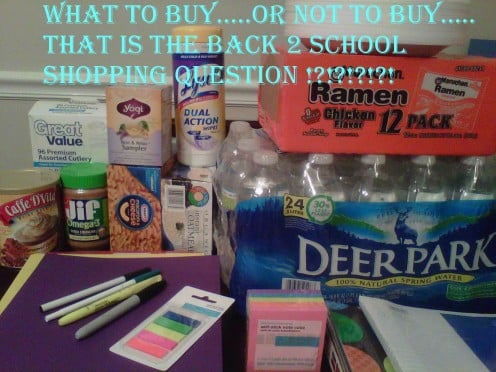
Buying Textbooks New or Used????
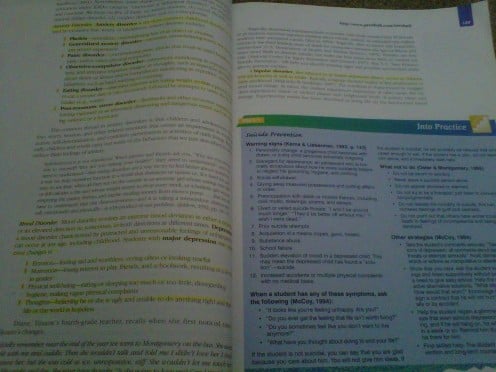
College
Sending your child off to college can get less stressful if you prepare for the situation over time. For gifts throughout the high school years, help prepare your child by setting away cash for college savings. Teach them how to be accountable for their money, their spending, money management, decision making, and the difference between wants and needs; teach them to balance a checkbook.
One of the best things you can do with your child to get them prepared for their life away from home can be CPR certification- you never know when you might use it-or need it!
Even though your child probably wants the latest (and expensive) technology, it is possible to graduate college without a PC! I know for a fact since I did it! All you have to time, is manage your time. Every college has numerous computer labs (some even have specialized writing centers to help you with thesis preparation, flow, transitioning from paragraphs...etc.)
Here are some must-haves to make college (and dorm room) living easy.
- Shower Caddy~ with holes to drain water (shampoo, conditioner, hair brush, deodorant, toothbrush, toothpaste, dental floss). Don't forget the flip-flops so your feet don't touch the dirty floor!
- Towels for shower (preferably white- bleach will easily disinfect and clean your towels)
- Laundry detergent with a roll of quarters
- Pictures of loved ones (creating a collage can be a great bonding experience)
- USB flash drive- save your work often!
- #2 pencils, pens (black and blue)
- Notebooks (Decide the organizational technique that works the best for you)
- College-ruled paper
- Check and see what appliances can be used in dorms (toaster, microwave, mini fridge) and send food/ snacks appropriately.
- Bottled water
- Quick, easy healthy foods- peanut butter, dried fruit- cranberries, prunes, nuts, beef jerky, cereal; make your own healthy trail mix.
How Well Are ALL of Our Students Performing?
view quiz statisticsIdeas on Materials to Donate to the Classroom
Because of the recent budget cuts to schools, many districts are scrambling to fund their schools; a lot of the classroom costs are left to the teachers. While some teacher may receive a small amount of money to use for the school year, this one-time check does not cover all of the expenses for curriculum guides, teacher manuals, classroom supplies, and supplies for students who are unable to pay.
Just because your child's teacher doesn't express a need for any materials, does not mean they don't need them. Often the poorest school discourage teachers from asking for supplies since they have such a large portion of students living at the poverty level or below. (They don't want anyone to feel obligated to provide something they obviously can't afford).
If you do have the finances to help contribute to your classroom, here is an idea of the most commonly used items that a teacher may need:
- Dry erase markers (all colors)
- Printer Paper (White)
- Kleenex or any type of facial tissue- especially during cold/flu season
- Paper Towels
- Highlighters
- #2 Pencils
- Markers
- Notebook Paper/ College-Ruled Paper
- Construction Paper
- Steel Binder Clips; Paper Clips (small and large)
- Post It Notes
Think outside the box
- Donate old magazines (for art projects)
- Bring in your newspaper after your are finished reading it (for current events)
- Get together with other families and get the teacher a group gift card for supplies
- Give a gift that keeps on giving! Work together as a school and plant a garden, build a picnic table, or plant trees.
- Check and see if your child's school is eligible for fundraising through Labels for Education or BoxTops. All you have to do is cut the coupons from the boxes of products you normally buy, save, and turn in at school.
Have a Healthy, Happy School Year This Year and Every Year!
Thanks for reading!
© 23 July 2012 FreezeFrame34.Hubpages.com


